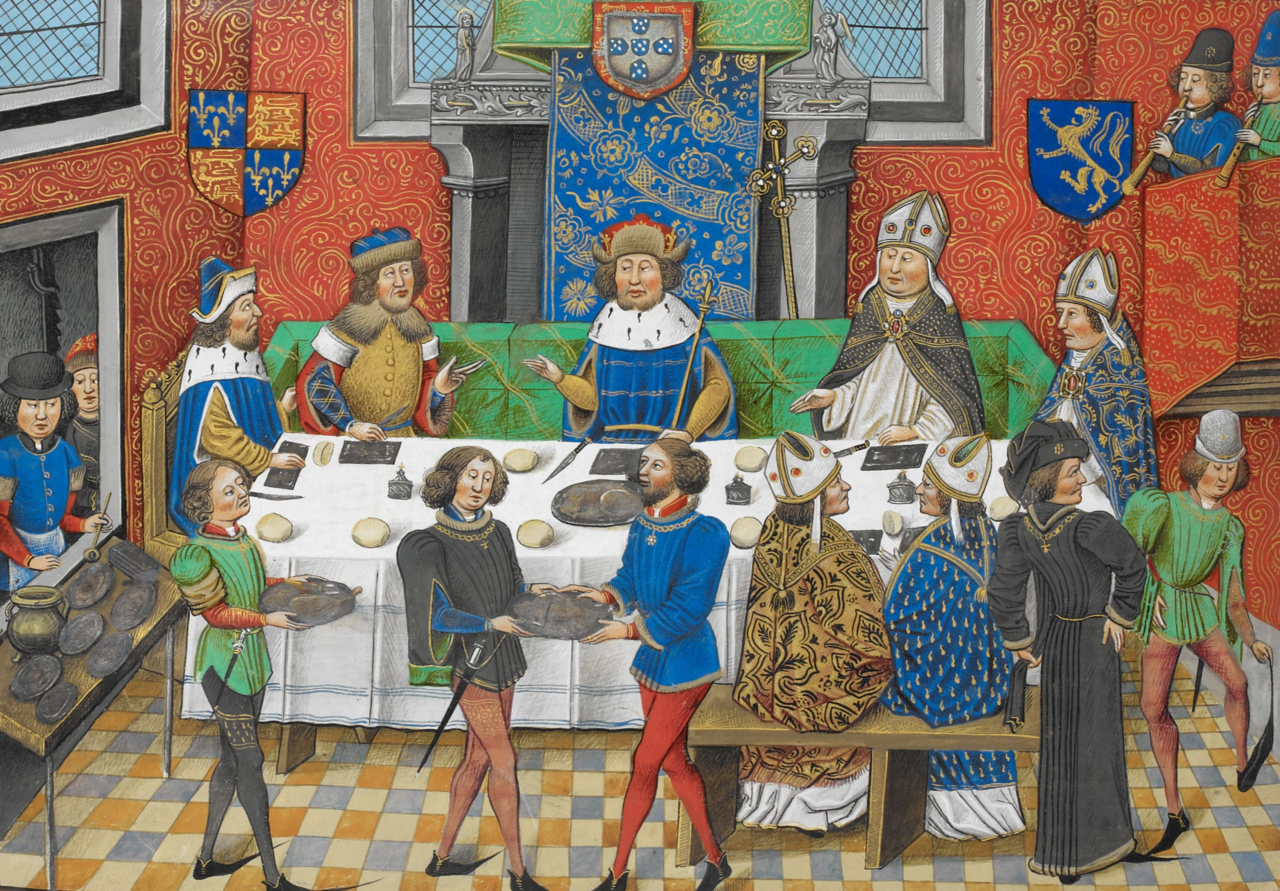The Treaty of London (1373) and the Anglo-Portuguese Alliance
6 September 202316 June 2023 marked the 650th anniversary of the conclusion of the Treaty of London, one of the four principal treaties that mark the formation of the Anglo-Portuguese alliance – the oldest alliance in the world still in force. During more than six centuries it has survived many challenging historical events and emergencies, including two world wars, the rise and fall of empires, revolution and decolonisation, and European integration as well as globalisation. Indeed, a new joint declaration agreed last year to deepen the cooperation on shared priorities in the post-Brexit world committed the UK and Portugal to “defend freedom and democracy, free trade, human rights and the rule of law” (UK–Portugal Joint Declaration on Bilateral Cooperation). The origin of this alliance had similar, if less grand, aims, and this explains something of its longevity, as Dr Jenny Benham outlines in a new article published this month in History Today.
Forged in the context of the Hundred Years’ War (1337-1453), which, although a conflict between England and France in fact involved most of Europe with lots of different rulers and political entities supporting either the English or the French side, the Anglo-Portuguese alliance expanded the war into the Iberian peninsula and the conflict over the kingdom of Castile. One of the claimants to the throne of Castile was John of Gaunt, duke of Lancaster and third son of King Edward III. John had married the daughter, Constance, of a previous king of Castile, Peter, who had been killed in 1369, so had a good claim, but his path to the throne was thwarted by King Peter’s half-brother Henry Trastámara, who had seized the throne for himself upon the death of his brother. To strengthen his hand in what must have seemed certain to be a forthcoming war, John sent an embassy to King Ferdinand I of Portugal to negotiate and conclude a treaty. This treaty, concluded in the Church of São Salvador in Tagilde in July 1372, was the precursor to the Anglo-Portuguese alliance and set out that the king of Portugal and the duke of Lancaster were true friends and military allies. It was an attempt by John of Gaunt to not only have his own claim to the Castilian throne recognised by a foreign power – and therefore the treaty was written in the original Castilian language – but also to entice the Portuguese king to join the fight against Henry Trastámara.

John of Gaunt, Duke of Lancaster, dining with John I, King of Portugal, in 1386. British Library, Royal MS 14 E IV – Illustrated catalogue.
This first attempt at an alliance did not end well. Henry Trastámara invaded Portugal and, following a swift and devastating campaign, forced the Portuguese king to submit and conclude a treaty in which he renounced his English ally – John of Gaunt – and agreed to join forces with Castile and France. However, within three months, Ferdinand was back in the fold and celebrated the conclusion of an alliance with Edward III of England. This new treaty was ratified in London in June 1373 and explicitly presented itself as an expansion of the alliance that had been ‘mutually agreed upon, contracted and written down’ between Ferdinand I, his wife Leonor, and John of Gaunt.
The first clause of the Treaty of London states that the respective kings and their successors, their realms, and subjects should ‘faithfully obey, true, faithful, constant, mutual, and perpetual friendships (Amicitae), unions (Adunationes), alliances (Alligantiae), and leagues of sincere affection (purae Dilectionis foedera)’; and that ‘they shall henceforth reciprocally be friends to friends and enemies to enemies, and shall assist, maintain, and uphold each other mutually, by sea and by land, against all men that may live or die.’ The wording of the alliance as formalised in this treaty is the one which has subsequently been confirmed on several occasions (e.g. 1643, 1703, 1810, 1914).
The 650th anniversary of the Treaty of London is an important reminder that alliances matter. Based on common aims, such as reciprocal military aid and friendship, international recognition and economic benefits, alliances can last a long time. This one, maybe even another 650 years?
If you want to know more about the research of Dr Benham into the history of diplomacy and international law in the medieval period, see Dr Jenny Benham – People – Cardiff University
Dr Jenny Benham is Reader in Medieval History at Cardiff University.
- American history
- Central and East European
- Current Projects
- Digital History
- Early modern history
- East Asian History
- Enlightenment
- Enviromental history
- European history
- Events
- History@Cardiff Blog
- Intellectual History
- Medieval history
- Middle East
- Modern history
- New publications
- News
- North Africa
- Politics and diplomacy
- Research Ethics
- Russian History
- Seminar
- Social history of medicine
- Teaching
- The Crusades
- Uncategorised
- Welsh History
- Pétain’s Silence
- Talking Politics in the Seventeenth Century
- Reflections on POWs on the 80th anniversary of the Second World War – views from a dissertation student
- The Long Life of Dic Siôn Dafydd and his ‘children’
- Collaboration across the pond: uniting histories of religious toleration in the American Revolution and European Enlightenment